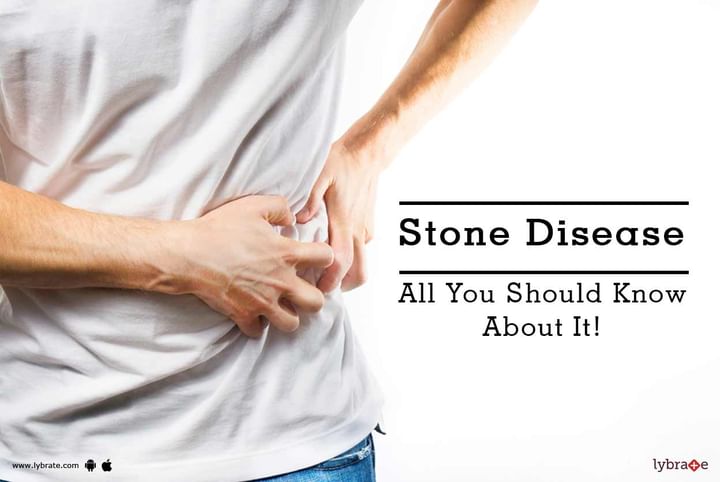Stone Disease - All You Should Know About It!
Stone diseases are a part of health issues related to the urological system in our body. Depending on their position, they may be classified into kidney stones and ureteral stones. Stone diseases are extremely common in nature and if treated timely it does not cause much damage to the body.
Types of Stones in the Human Body:
There are four types of kidney stones and ureteral stones in the human body namely – calcium, uric acid, struvite and cystine. The main difference between kidney stones and ureteral stones is that of the location. Kidney stones are transformed into ureteral stones when they pass from the kidney into the ureter.
Warning Signs to detect Kidney and Ureteral Stones
Kidney stones may be present in your body but they do not cause any obstructions unless they move into the ureter. Symptoms to detect the presence of stones in your body include –
• Intense and shifting pain in the lower abdomen and groin
• Frequent and painful urination
• Presence of blood in urine
• Nausea and vomiting
• Frequent fever accompanied by chills
Modes of Diagnosis:
The following methods are used to diagnose kidney stones/ureteral stones in the body-
• Imaging Tests – X-rays and CT scans are used to detect the presence of bigger and smaller stones respectively.
• Urine Tests – They help to detect the presence of stone forming particles in urine thus helping to diagnose stones in the kidney.
• Blood Tests – They help display levels of calcium and uric acid in the blood and monitor the general health of kidneys.
Treatment of kidney/ureteral stones:
Treatment of stones depends on their size and severity. For smaller stones, doctors recommend drinking 2-3 litres of water per day that help in flushing out the stone through urine. Doctors also prescribe medicines which helps break down the stone and reduce pain.
If the stones are large in size and exhibit severe complications, then the urologist will resort to the following treatment procedures-
• Shock Wave Lithotripsy (SWL) – In this process, a machine called lithotripter is used which passes ultrasonic waves through the skin to break up the stone into smaller components. The shattered pieces then pass out of the body through the urinary tract.
• Percutaneous Nephrolithotomy (PNL) – This is an endoscopic method used to remove large stones, which are not possible to eliminate through SWL. This is an invasive procedure and general anaesthesia is done prior to surgery.
• Ureteroscopy – In this process, a ureteroscope is inserted into the urethra to locate the stone and a tool is used to break it into smaller pieces or is taken out as a whole.
Prevention of Kidney and Ureteral Stones
Certain lifestyle changes can go a long way in preventing stones in the body. Some of them include drinking lots of healthy fluids, reducing consumption of oxalate-rich foods and animal protein, reducing sodium intake and controlling one’s body weight.
Maintaining a healthy lifestyle and taking prompt medical action in case of detection of stone lessens the harmful effect of kidney and ureteral stones in the body.



+1.svg)
